China's first national-level regulations on water conservation took effect on May 1, posing more detailed measures and strict requirements for water saving.
Zhang Linwei, head of the China Urban Water Association, said that the introduction of the regulations is a practical necessity to address the supply-demand imbalance of urban water resources in China, further promoting the conservation and sustainable use of water resources.
Cities are the main hubs of China's economy and population. Last year, the urbanization rate in China exceeded 66 percent, making the contradiction between water supply and demand even more pronounced, he said.
"Water conservation is essential for adapting to the national water resource situation, overcoming bottlenecks, solving complex water issues and ensuring national water security. It is also a crucial step toward the realization of an urban ecological civilization and sustainable urban development," he said.
The regulations provide legal assurance for urban water conservation efforts, further promoting the institutionalization and standardization of urban water conservation work, he said.
In recent years, various regions and departments have introduced a series of management policies and regularly carried out urban water conservation efforts. However, issues with the adequacy of higher-level legislation and the completeness of the policy system in urban water conservation still exist, which indicates a gap between the current situation and the requirement of both the construction of an urban ecological civilization and overall high-quality development.
Wang Jianhua, deputy head of the China Institute of Water Resources and Hydropower Research, said that the regulations prioritized water conservation at the administrative level and the integration of water conservation management requirements throughout the entire water use process. It also suggested implementing comprehensive water-saving measures across all fields, placing a strong emphasis on the development of the water-saving industry.
Wang noted that the regulations proposed a rigid water resource constraint system, treating the carrying capacity of water resources as the basic boundary for national and regional development. This ensures socioeconomic development is promoted under the premise of sustainable water resource use.
"This water-resource-based development model requires all levels of government and water users to strictly adhere to the constraints of water resource carrying capacity in planning, construction and production activities, promoting the rational allocation and efficient use of water resources," he said.
Water conservation involves all sectors of society, including government, enterprises and the public, requiring active participation from every individual and organization. The regulations will effectively guide and promote a positive societal environment for water conservation, he said.








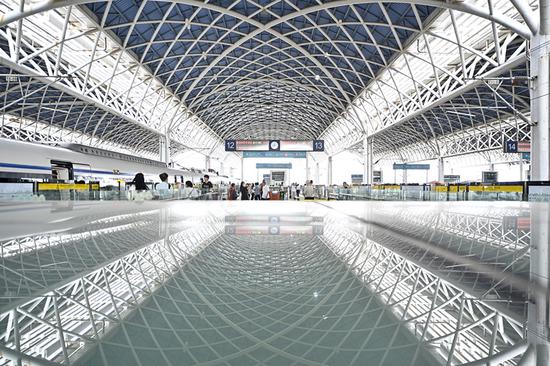
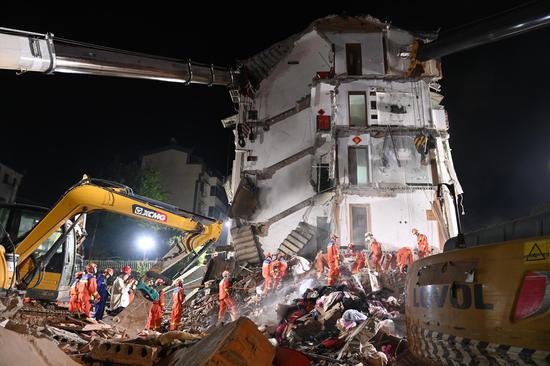
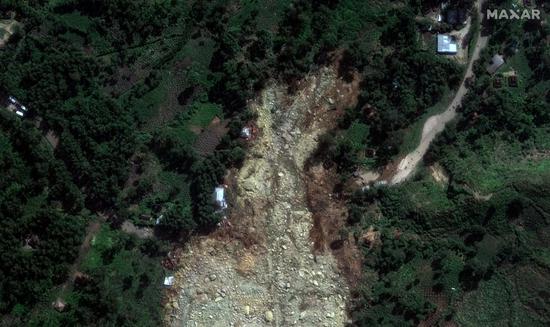

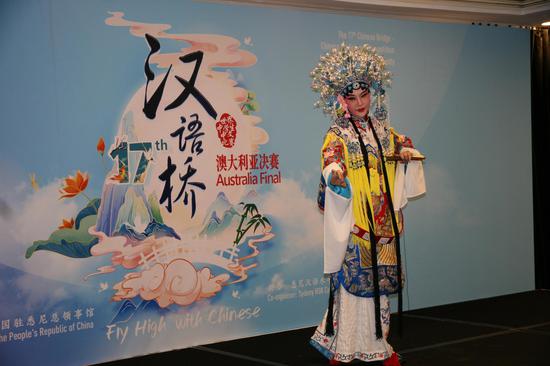






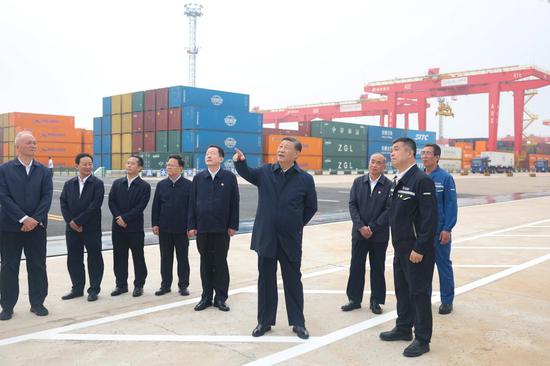

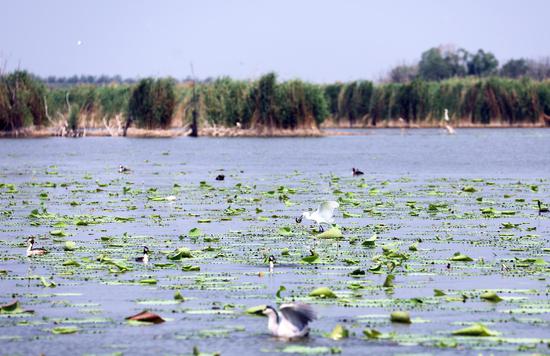
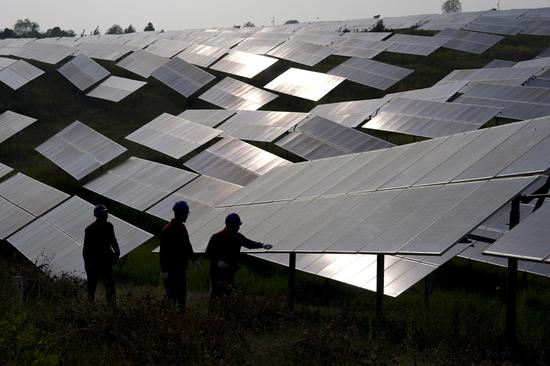

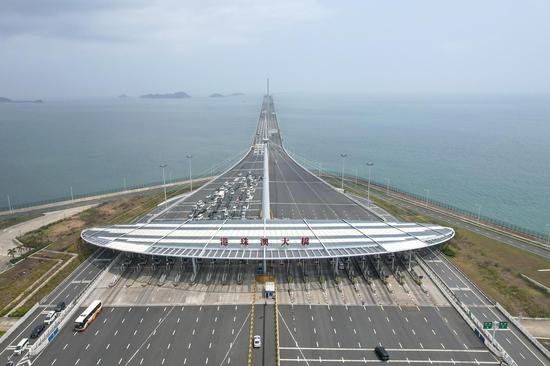
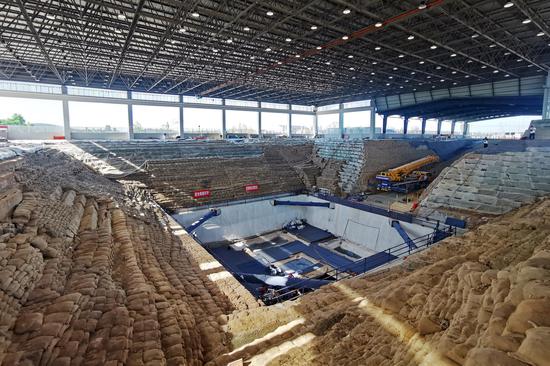


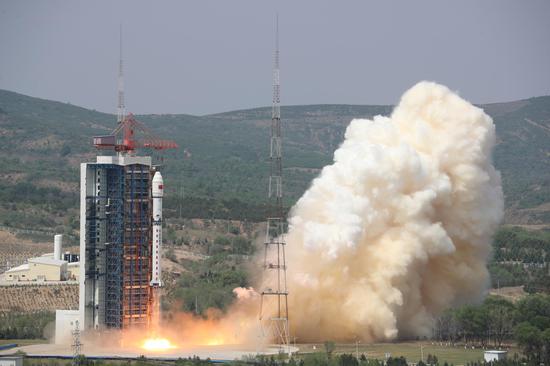

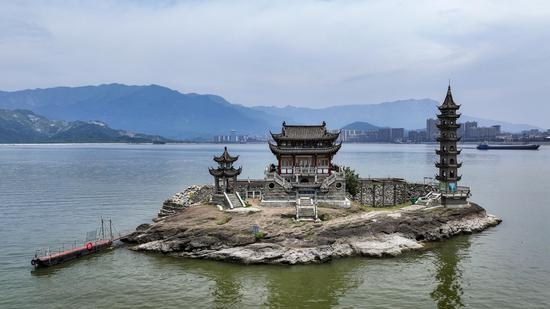
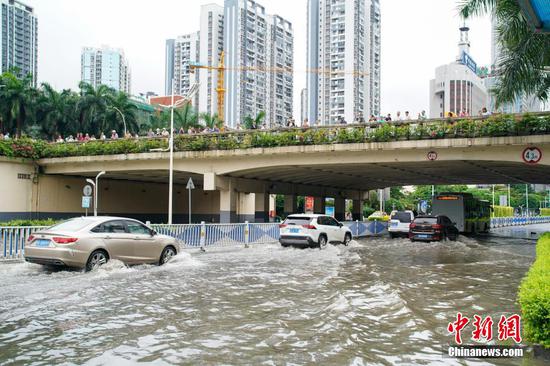


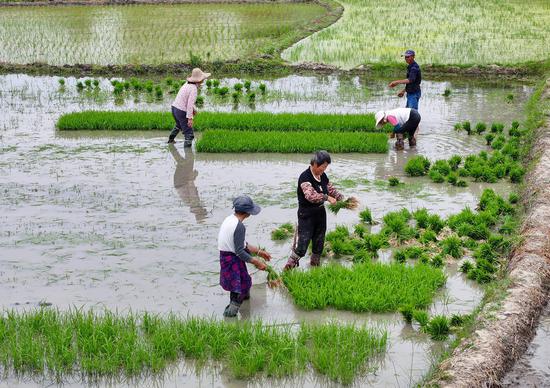
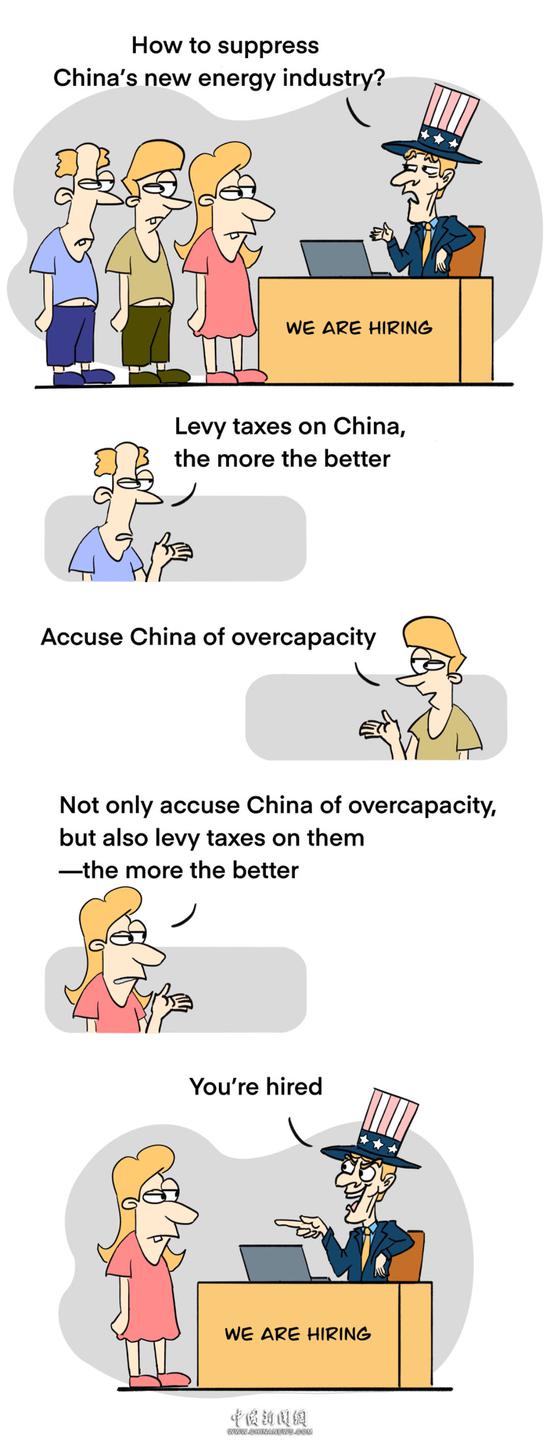
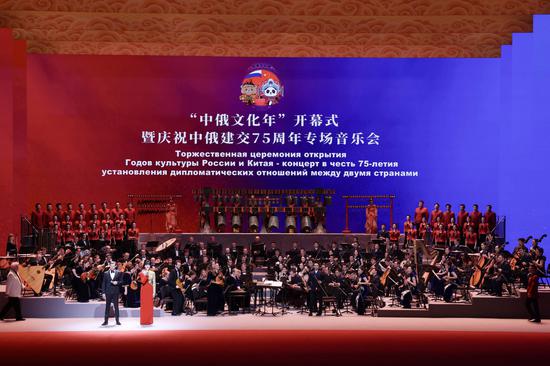
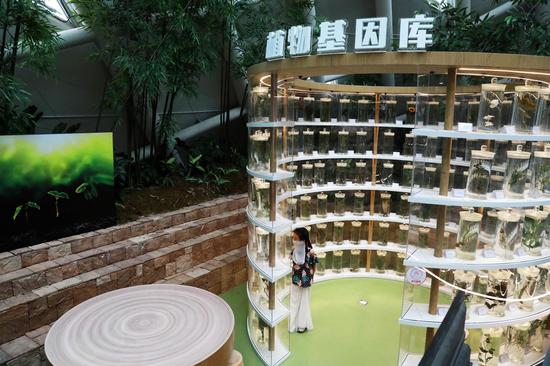

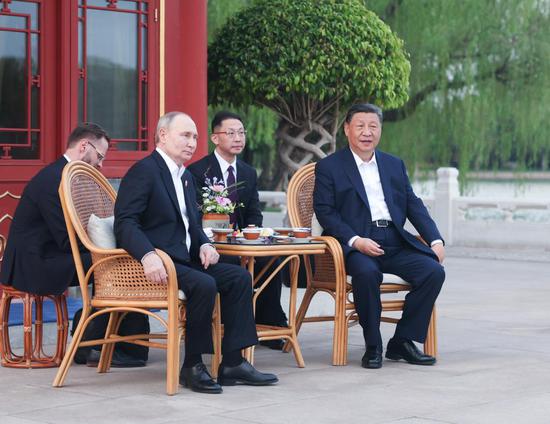
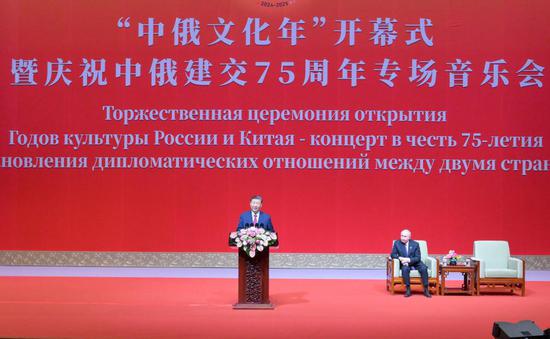
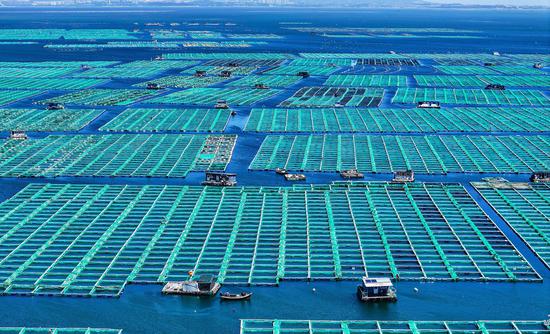








 京公網安備 11010202009201號
京公網安備 11010202009201號